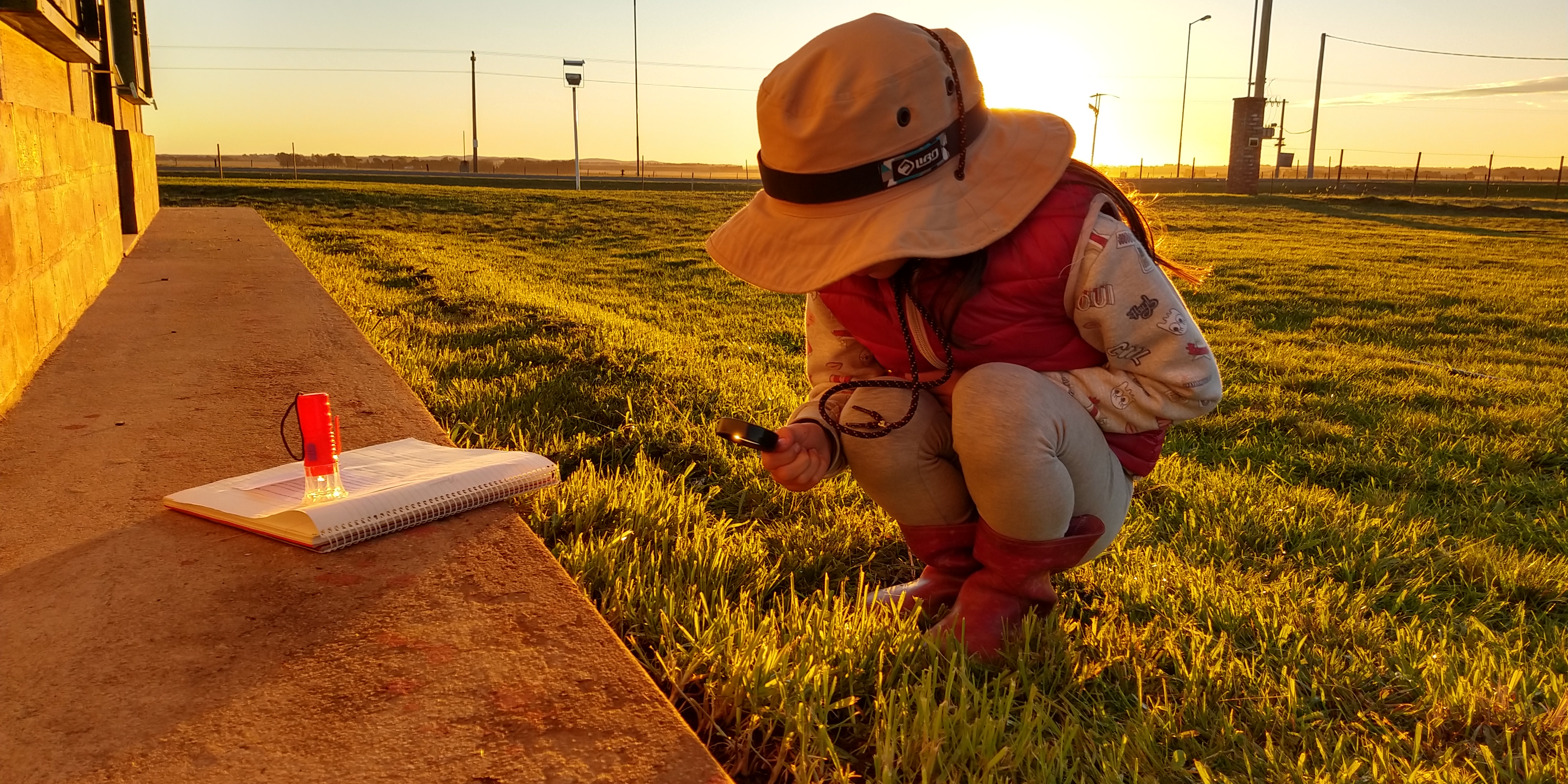Educação em ciências no contexto da cidadania global
Main Article Content
Abstract
In an increasingly dynamic and transforming society it is necessary to train informed, critical and interventive citizens, able to act freely and critically in face of the various challenges they face, i.e., it is essential to create conditions for the construction of multiple literacies. In this text we emphasise scientific literacy as an ability to know, understand and act on various issues of science. Undoubtedly, science education contributes to the holistic education of individuals, however, it is increasingly essential that is framed within the framework of education for global citizenship. Assuming a transformative and mobilizing character, to contribute to the construction of knowledge, skills, values, and attitudes and, consequently, contribute to a fairer, more peaceful, and more inclusive world. The curricular area of the natural sciences, using diversified work strategies, with particular emphasis on practical work, in its multiple typologies, requires the construction of significant learning and the application of scientific knowledge in the context of real-life situations. Considering the current guidelines, the development of learning at the three-dimensional level is envisaged, that is, in the individual civic attitude, in interpersonal relationships and in social and intercultural relationships. Thus, an education in sciences of humanistic nature is encouraged, which begins in childhood and develops throughout life. based on a participatory culture of children, contributing to the construction of their scientific literacy, and encouraging their democratic participation and informed decisions making.


